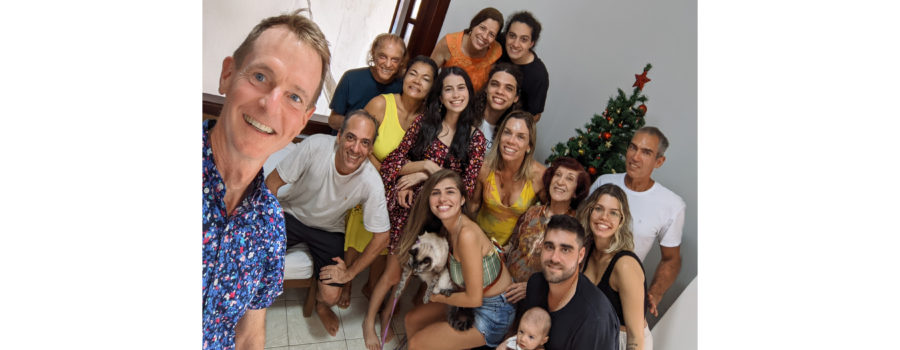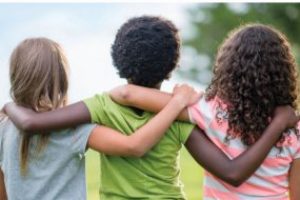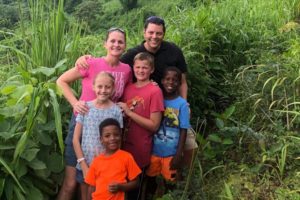I come from a small, geographically dispersed family. When I was young, my parents, sister, and I would pile into our aqua Pontiac station wagon and drive 8 hours north to join my extended family. My grandparents, aunt, uncle, and 3 cousins lived in Madison, Wisconsin, cold and snowy. After my sister, cousins, and I finished university, we moved far away from our parents. Our holiday family gatherings ended. In the years since, I have spent most Christmases traveling in a smaller family gathering.
This year, for the first time, my husband and I joined his family for Christmas. Jones’ family lives in Brazil. Though they are also geographically dispersed, everyone flew to a central city (Salvador de Bahia) for the holidays. Our days were filled with long walks on the beach, cooking and eating huge seafood-based meals, and drinking cold beer together. Despite my continued inability to easily express myself in Portuguese, Jones’ family appreciates my efforts. They have always been very welcoming. Visits begin and end with everyone hugging everyone else. When departing from one another, post-hugs, each side repeatedly says “abrazos e beijos” (kisses and hugs). After years of zero family gatherings at Christmas, it is wonderful to be included, welcomed, and enveloped by their affection.
This made me think about the healing power of feeling cared for, wanted, and loved. In the medical literature, this is called many things, often with a lot of capital letters: Inclusive Healing, The Power of Community, the Healing Power of Groups, and The Healing Environment.
This made me think about the healing power of feeling cared for, wanted, and loved. In the medical literature, this is called many things, often with a lot of capital letters: Inclusive Healing, The Power of Community, the Healing Power of Groups, and The Healing Environment.
Searching all of these terms and many more, I found that some of this has been scientifically studied, but most of the information on this concept is anecdotal. The only thoroughly studied idea along this continuum is the power of prayer. At least 3 clinical trials were performed with patients severely ill from things like heart disease or cancer. In one group the patients said prayers and had others pray for them. The control group were not religious. There was no difference in outcomes for the praying versus no-praying patients in any of these studies.
What about feeling part of a group, no matter how small? Does knowing that others care for you improve survival? The medical literature is relatively silent on this question. Group inclusion obviously aids healing in alcoholism (Alcoholics Anonymous) and other addictions. To me it is not logical that it would help in healing from diseases where there is likely little mind-body connection, like cancer or infections. But we all know that our emotions influence our physical health. To me it seems logical that the emotional security of group inclusion might decrease the severity of chronic headaches, irritable bowel syndrome, fibromyalgia, anxiety, or depression. I used PubMed to search for any published medical studies discussing the power of group inclusion in each of these conditions. Nothing.
The NIH has a division focused on “non-traditional” medical therapies, the National Center for Complementary and Integrative Health. Their slick website has information on unfamiliar topics including chasteberry, cat’s claw, bromelain, mugwort, hoodia, and kratom. There is no information on psychosocial or group inclusion.
Being included in Jones’ family at Christmas made me warm and fuzzy inside. Does being part of his family aid my health? No one seems to know.






